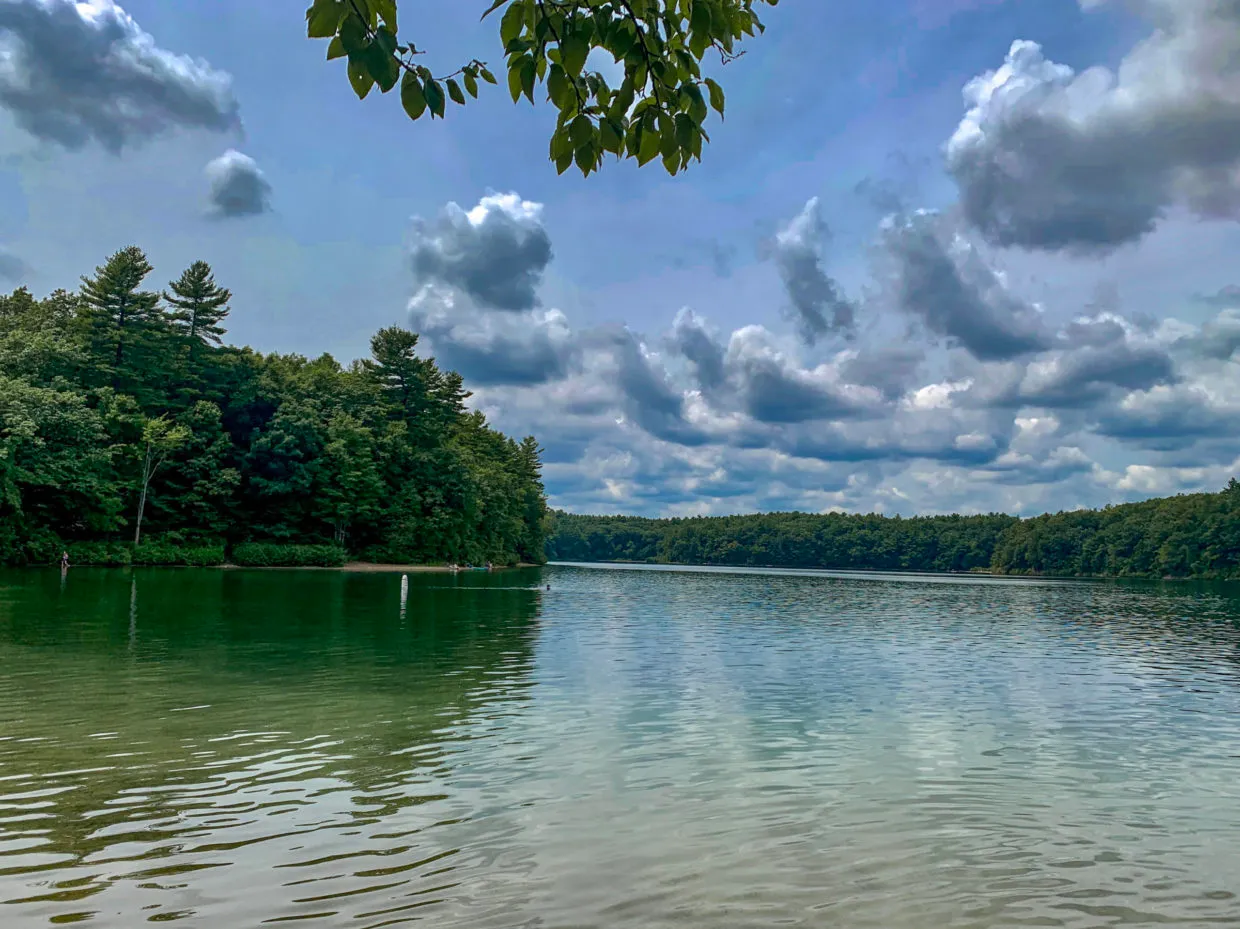Henry David Thoreau (1817–1862) was an American philosopher, naturalist, essayist, and key figure in the Transcendentalist movement. He is best known for his reflections on nature, individual conscience, and civil liberty, which continue to influence environmental and social justice movements to this day.
Transcendentalism
Thoreau was deeply influenced by Ralph Waldo Emerson and embraced the Transcendentalist belief that truth and spiritual insight come from intuition and nature. He saw nature as a living expression of the divine and believed that personal integrity was more important than social conformity.
Walden and Simple Living
Thoreau’s most famous work, Walden (1854), chronicles his two-year experiment in simple living at Walden Pond. It is a philosophical reflection on simplicity, self-sufficiency, and the spiritual richness of the natural world.
Quote: “I went to the woods because I wished to live deliberately...” — Walden
Civil Disobedience and Political Thought
In “Civil Disobedience” (1849), Thoreau argues that individuals should not allow governments to override their moral conscience. He famously refused to pay taxes in protest against slavery and the Mexican-American War.
Quote: “That government is best which governs least.” — Civil Disobedience
Environmentalism and Naturalism
Thoreau was a pioneering naturalist whose detailed observations of flora, fauna, and seasonal changes anticipated modern ecology and environmental ethics. He believed that wildness was essential to human vitality and freedom.
Legacy
Though underappreciated in his lifetime, Thoreau is now celebrated as a pioneer of environmental thought, civil liberties, and American literature. His work continues to inspire movements for sustainability, social justice, and personal authenticity.
Henry David Thoreau’s Life and Major Works
1817: Born in Concord, Massachusetts, on 12 July.
1833: Entered Harvard College, studying rhetoric, classics, philosophy, and science.
1837: Graduated from Harvard and began teaching and writing.
1840: Published first essay in The Dial, a Transcendentalist journal.
1845: Moved to Walden Pond to begin his experiment in simple living.
1846: Spent a night in jail for refusing to pay the poll tax in protest of slavery and the Mexican-American War.
1847: Left Walden Pond after two years, two months, and two days.
1849: Published ‘Resistance to Civil Government’, later known as ‘Civil Disobedience’.
1854: Published ‘Walden’, his most famous work, reflecting on simple living and nature.
1862: Died of tuberculosis on 6 May in Concord, Massachusetts.
1906: Posthumous publication of Thoreau’s complete works in 20 volumes by Houghton Mifflin Co.
Key Quotes and Analysis from Thoreau’s Works
Walden (1854)
Quote: “I went to the woods because I wished to live deliberately...”
Analysis: This quote reflects Thoreau’s desire to strip life down to its essentials and live with purpose. It encapsulates his philosophy of simple living and introspection.
Civil Disobedience (1849)
Quote: “That government is best which governs least.”
Analysis: Thoreau argues for minimal government intervention and emphasizes the importance of individual conscience over compliance with unjust laws.
The essay is one of my favorite reads.
A Week on the Concord and Merrimack Rivers (1849)
Quote: “Instead of the scream of a fish-hawk scaring the fishes, is heard the whistle of the steam-engine...”
Analysis: Thoreau critiques industrial progress and its impact on nature, highlighting his concern for environmental preservation.
Journal Entries
Quote: “The question is not what you look at, but what you see.”
Analysis: This quote emphasizes perception and insight, encouraging us to engage in more profound observation and understanding of the world around us.
Slavery in Massachusetts (1854)
Quote: “I am not responsible for the successful working of the machinery of society.”
Analysis: Thoreau articulates his moral stance against complicity in injustice, underscoring his commitment to personal integrity and resistance to injustice.
